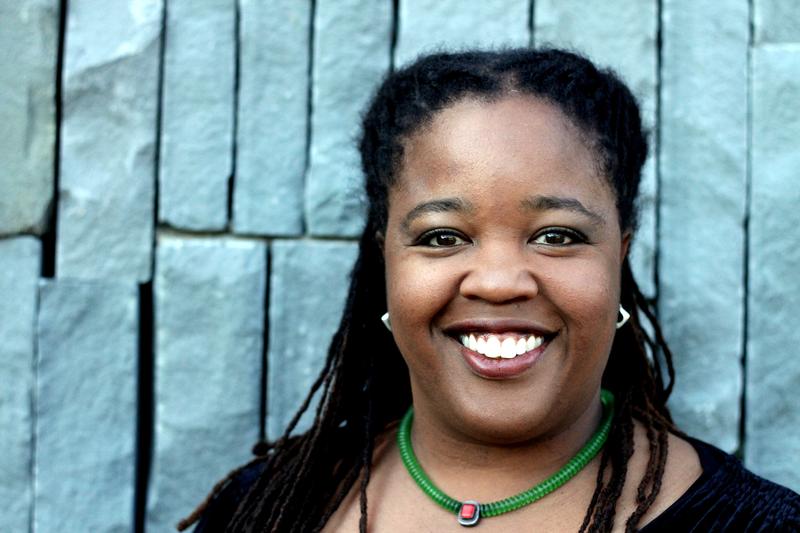
Traveling through America, I cannot help but look at America in military metaphors, as a soldier who has served a tour of duty and, even amid a momentary respite, cannot help but wonder if rotations to the field will continue indefinitely. The battles are economic, on one level. Jobs and the economy remain the top issues. Neighborhoods rocked by foreclosures are sometimes finding a new equilibrium-- even if that equilibrium means learning to live with one or two abandoned houses on a once-full block. America has survived the dizzying economic crash of 2008, but we remain ready to fight for an American Dream that sometimes we can't even define.
This fall I've been able to realize a dream of my own, to put together a team of multimedia journalists to go out and explore America in a time of heavy hearts and stifled aspirations. The project is shepherded by WNYC with help from American Public Media. Our Pop and Politics midterm election specials will air in October and November, but we are doing the reporting now. Having gone out in Florida, we're preparing to head to Arizona next.
Florida was full-on. We got to LaGuardia airport in New York at 4am, and before 11am we were on the ground in Miami, interviewing the head of Take Back the Land, an organization that places families without homes in abandoned homes. Of course, they do so without the permission of authorities, banks, or many other people. As Max Rameau of TBTL outlined it, the one group of people they did consult was neighbors, many of whom would rather have a formerly homeless family on their block than a place that got broken into or stripped.
We spoke with people whose lives were various refractions of the housing crisis. There was Ruby, who poured her retirement savings into fixing a home she may lose to foreclosure. Then there was Peter Zalewski, who left the world of business journalism to mine profits from the housing crisis. Now he buys up to 700 "distressed units" at a time and sells them to buyers at a cost above what he paid the banks but below market. Among the memorable things he said was that he would love to open the borders wide, that the more non-Americans we had coming in, the better, because they were buying homes Americans could no longer afford.
Our journeys took us to Gainesville, a college town where a threatened Koran burning turned into a media circus with an upside. There was an interfaith gathering that brought together people of many backgrounds. (That's Pop and Politics producer Suzie Lechtenberg above, interviewing women at the Gainesville forum.) We also got to visit Tallevast, a small black town dying a slow death from toxins leached from a plant. Cassandra, left, gave us her perspective as the unofficial town historian.
It's hard to run full tilt doing the reporting and to process it at the same time -- to process it for broadcast or process it emotionally. This country is in deep, deep cotton. But the people we meet have spirit and heart.
And then after Florida, our team returned to New York and were swept back into the alternate reality of this massive city. New York has certain advantages in this time of need. Because the city is so dense and housing is so scarce, there are fewer abandoned properties than there might be in other cities experiencing the turbulence. It's not to say New York isn't hurting, just that the way we are hurting is the way we live: tough, smart, and wise to the game. As I walked through the tony TriBeCa neighborhood in New York, past the actor Harvey Keitel, I took note of the number of empty stores and offices... huge ones. “Six thousand square feet!” crowed one banner ad across a grimy glass window. (In New York, a single or couple might well live in a place closer to six hundred square feet.)
The trickle-down anxiety of our historical moment affects everything, from how and where we live to our worship and our very life and breath. I look forward to sharing more soon.
Pop and Politics with Farai Chideya is a series of three radio specials looking at issues of race, rage, and reconciliation in the 2010 midterm elections. The programs, created by Pop and Politics, co-produced by WNYC, and distributed by American Public Media, will air on public radio stations around the country in late October and early November 2010.